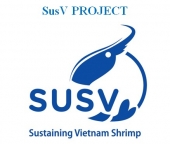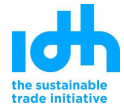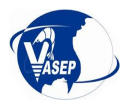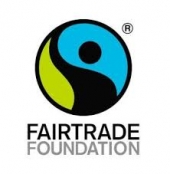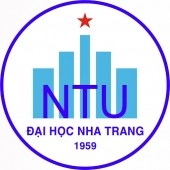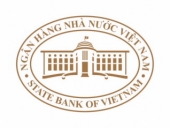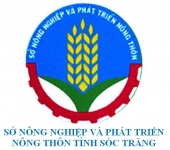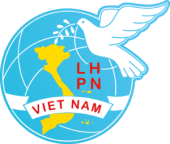Occupational safety in processing factories is always an urgent issue, in the frozen processing area where female workers account for 83% and always use disinfectants, the differential temperature between the environment and body very large. Besides, the employee's job is not stable, when there is no job, sometimes overtime until midnight. This affects the health and safety of workers. This is hard solution for businesses when they are sustainably and comprehensively developing, in accordance with international standards, especially when Vietnam has successfully signed an European-Vietnam Free Trade Agreement (EVFTA).
Within the framework of the Graisea 2 project, the ICAFIS organized a training course on “Built on plans ensure occupational safety, update information of Labor Law on working time and salary in seafood processing factories in Mekong Delta" on November 16 and 17, 2020 at TTC Can Tho Hotel.
The course was attended by 60 participants from 25 seafood processing and exporting companies and member factories. During the first day of the training session, the trainees discussed and shared with the trainers about issues occupational safety in the factories, situations that could occur when workers at the factory.
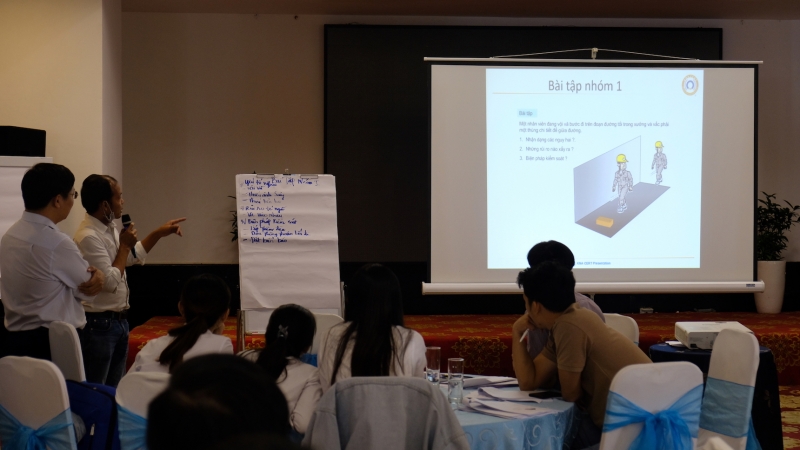
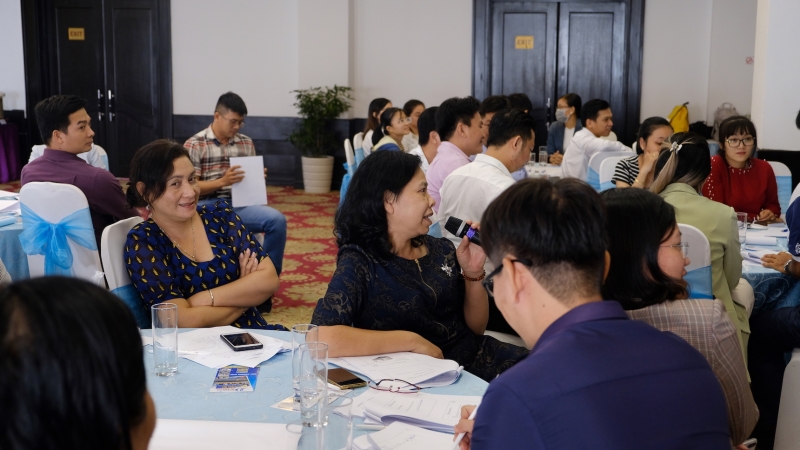
On the second day (November 17), the issues of working time and salary for factory workers were introduced and there were many different opinions and ways of handling between companies in the human resource management were actively analyzed and discussed. The contents related to working time and job placement for pregnant and overage working people also receive much attention from the trainees.
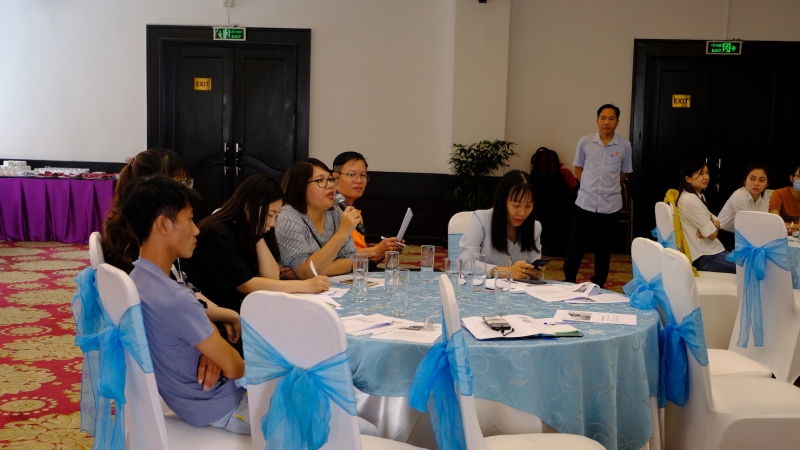
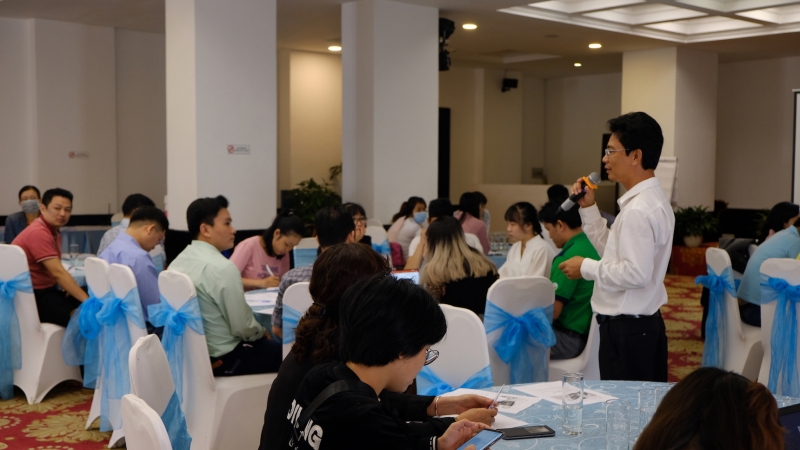
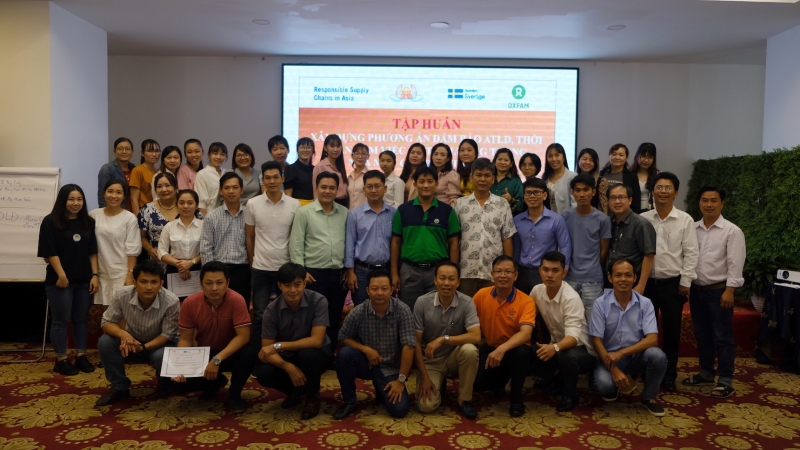
It can be seen that, with the current demand of enterprises, especially when foreign buyers are increasingly paying attention to not only the quality but also social responsibility of enterprises to their employees, they need to do better than the requirements given by social responsibility to ensure that when goods are exported will be welcomed by customers.
Ngoc Trang ICAFIS

